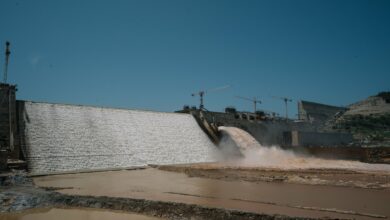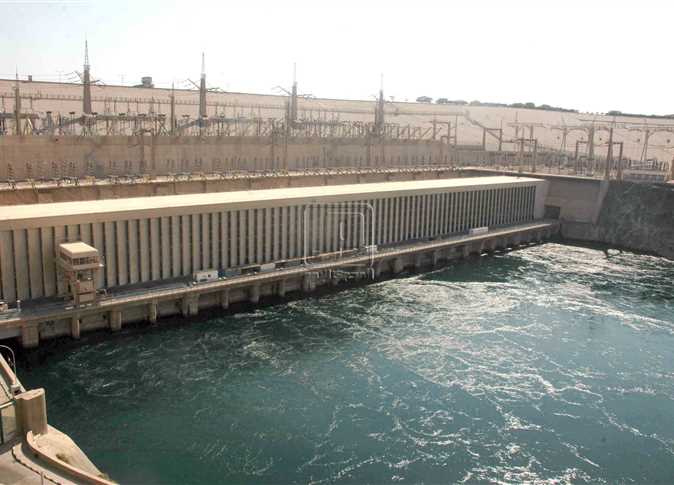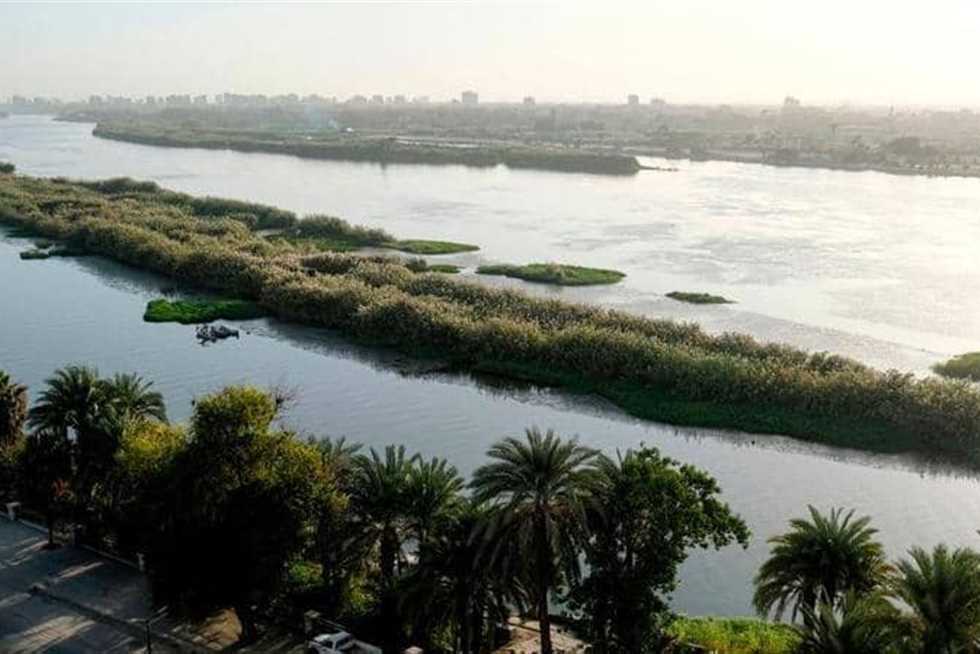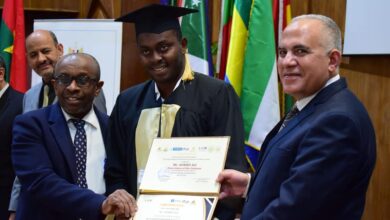State-run papers lead with reports of yesterday’s meeting in Sharm el-Sheikh between President Hosni Mubarak and Kuwaiti Emir Sabah al-Ahmad al-Jabar al-Sabah. The two leaders discussed a range of issues, including the indirect negotiations between Israelis and Palestinians, and how to promote economic cooperation between Egypt and Kuwait. Coverage of the meeting generally points to shared visions between the two heads of state.
Al-Ahram also leads with a report saying that the states of Uganda and Kenya have welcomed an invitation from Egypt for the Nile basin countries to return to negotiations. Egyptian authorities called yesterday for all relevant ministers to meet in Alexandria in response to an agreement it opposed that was signed on Friday between Uganda, Ethiopia, Tanzania and Rwanda.
The Ugandan ambassador is quoted as saying that the agreement on Friday does not mean that negotiations should stop, nor that the upstream and downstream Nile countries have become enemies. The article also points out that, according to the Egyptian Ministry of Water Resources and Irrigation, Ethiopia’s newest dam–announced yesterday–would not be used for water storage, but only land cultivation and electricity generation.
State-run papers also spotlight a press conference yesterday at which information media minister Anas el-Fiqqi assured journalists that the upcoming Shura Council elections will be transparent and fair. El-Fiqqi said that mass media coverage of the elections will give equal opportunities for party leaders and their delegates to explain their parties’ policies to the public.
Al-Shorouq elaborates on the story, highlighting that the minister has announced that Egyptian television will allow Muslim Brotherhood candidates running as independents to appear.
“The appearance of the Brotherhood will be based on their running as independent candidates, regardless of their unannounced background,” said the minister. “This is in keeping with the policies described by the Evaluation of Mass Media Performance Committee.”
Al-Shorouq also leads with a story on the future of US economic aid to Egypt. The paper states that it revealed in February that negotiations between the US and Egypt were underway to discuss a proposal by the latter to set up an “endowment fund” as a substitute for economic aid.
The article outlines a brief history of US economic aid to Egypt, stating that Egypt received US$815 million a year since signing the Camp David Peace Treaty, until 1998. After that period, economic aid was reduced by five perent annually, reaching US$415 million in 2008. That figure was slashed by 50 percent in the US administration’s 2009 budget.
The endowment fund, however, will be financed by several sources, with the US providing US$350 million in 2011. The figure will be reduced annually by ten percent, with the last amount, in 2020, reaching US$35 million. Disagreements remain on the specifics of an agreement.
Egypt’s newspapers:
Al-Ahram: Daily, state-run, largest distribution in Egypt
Al-Akhbar: Daily, state-run, second to Al-Ahram in institutional size
Al-Gomhorriya: Daily, state-run
Rose el-Youssef: Daily, state-run, close to the National Democratic Party’s Policies Secretariat
Al-Dostour: Daily, privately owned
Al-Shorouq:Daily, privately owned
Al-Wafd: Daily, published by the liberal Wafd Party
Al-Arabi: Weekly, published by the Arab Nasserist party
Youm7: Weekly, privately owned
Sawt el-Umma: Weekly, privately owned




